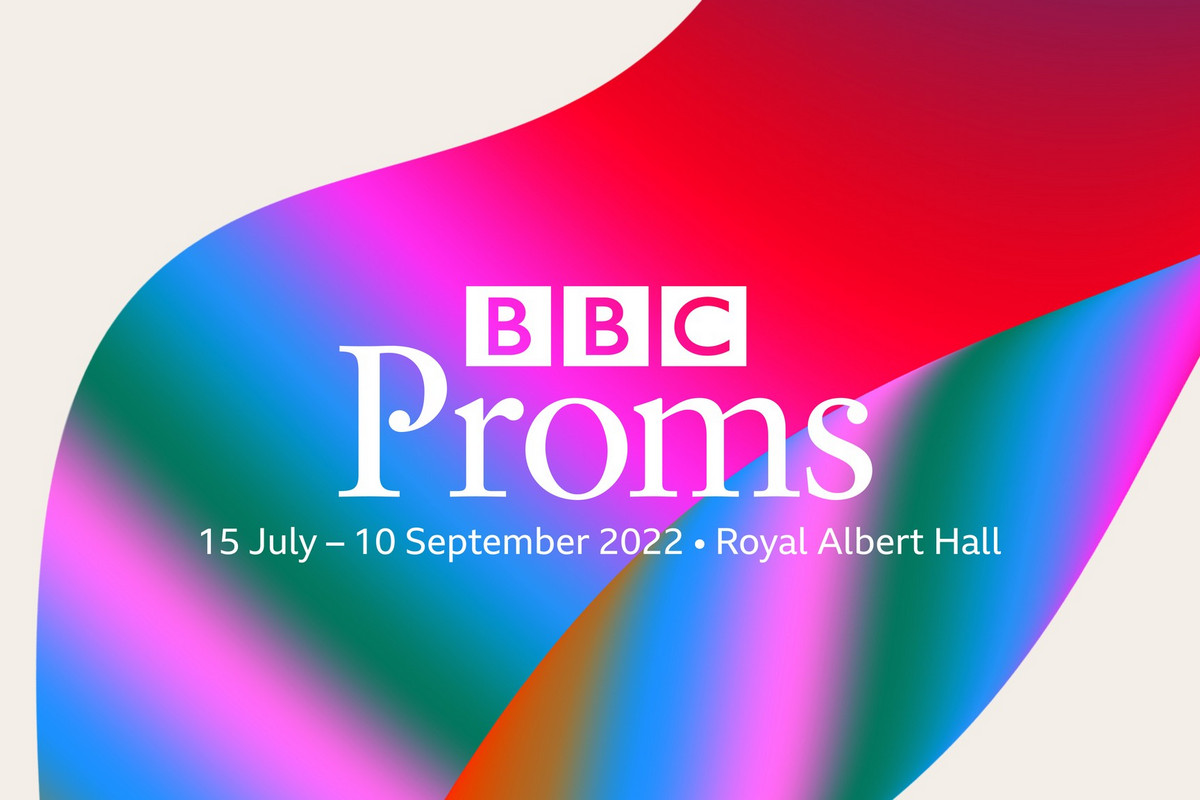
It’s been a little over two weeks since the BBC bafflingly decided, rather than to channel the Last Night of the Proms (the UK’s most shamelessly jingoistic occasion) into an evening both celebrating the life and commemorating the death of the Queen, that they would instead simply pull the plug. Whether or not James B. Wilson’s planned Last Night opener 1922 would have been a change from the usual mess of superficial sonic sputum we’ll now never know, unless it gets reheated and revamped as 1923 for next year’s festival. Regardless, it’s time to turn our attention to the works that did get performed, and take a brief look at the results of this year’s 5:4 Proms première polls.
First of all, though, i should say that this is the last year i’ll be running these polls. That’s not because i don’t find them interesting – quite the opposite – but mainly because i’m not convinced that you find them terribly important or relevant any longer. i want to thank all those of you who took time to vote in this year’s polls, i’m grateful for your involvement. But the turnout this year, 538 votes overall (curiously identical to last year’s total), is an extremely tiny proportion – less than 5% – of the number of people who actually read each of the Proms articles on 5:4. That clearly indicates that while interest in reading about the works is strong, that interest doesn’t extend to expressing your own views in response. That’s absolutely fine, of course, but i’ve therefore decided that, after a decade of these polls, this will be the last year they’ll be taking place. So for the last time, then, i’ve crunched the numbers and here’s how you voted.
Worst New Work: Missy Mazzoli – Violin Concerto (Procession)
Runner-up: Betsy Jolas – bTunes
It’s two for two for the USA this year. Personally i didn’t find these works as problematic as some of the others, but i get where you’re coming from all the same. It’s interesting to note that this is the second year in a row that a US piece has been voted the worst; make of that what you will. The issues rife in both of these pieces make it understandable that you voted the way you did. Why Mazzoli made her violin so obsessed with arpeggios is beyond me; having relistened to the piece since, the soloist just sounds rather stupid a lot of the time. Having written recently about Jolas’ bTunes there’s no need to rehash my thoughts here, but it’s certainly the most misconceived work to have been premièred at the 2022 Proms. All very disappointing.
Best New Work: Anna Thorvaldsdottir – ARCHORA
Runner-up: Gavin Higgins – Concerto Grosso for Brass Band and Orchestra
This wasn’t even remotely close: ARCHORA was far and away your favourite choice in the polls. We haven’t always agreed with each other, dear readers, but this year we’re definitely on the same wavelength – though personally, i think i would have given the edge to Higgins’ Concerto Grosso, simply because (despite its inappropriate name – i can’t help it, that still irks) it’s such an outstanding and ambitious achievement, plus it contained some of the most stunningly beautiful new music i’ve heard in years. But ARCHORA‘s definitely a worthy winner, proof that while Thorvaldsdottir’s sound palette continues to be largely derived from ploughing pretty much the same furrow, she’s nonetheless (usually) able to come up with powerfully effective and immersive soundscapes.
The work that caused the most division was Thomas Adès’ Märchentänze, proof positive that despite its overwhelmingly obvious idiocies, the Faberian faithful are still determined to big up their favourite idol. No surprise there. The work that garnered (if that’s the right word) the most indifference was Robert Ames’ arrangements of Selections from Battlefield 2042 by Hildur Guðnadóttir & Sam Slater. i’m tempted to say no surprise there either: this was also the work that got by far the fewest votes, perhaps indicating a lack of interest due to the music originating in a videogame?
Beyond these, it’s impossible not to notice the considerable added poignancy that Cheryl-Frances Hoad’s Your Servant, Elizabeth now has in the wake of recent events. It must be one of the very last works composed in tribute to the Queen while she was still alive, and, having spent a bit more time with it recently, it’s really not a bad send-off; that immense climax gets me every time. And one final observation: the gender balance was again better this year: women composed 57% of these premières, which amounted to just over 48% of actual musical duration. i’m sure those statistics, if extended to the total music performed at the Proms, would tell a woefully different story, but from the perspective of contemporary music at least, things seem to be going in a positive direction.